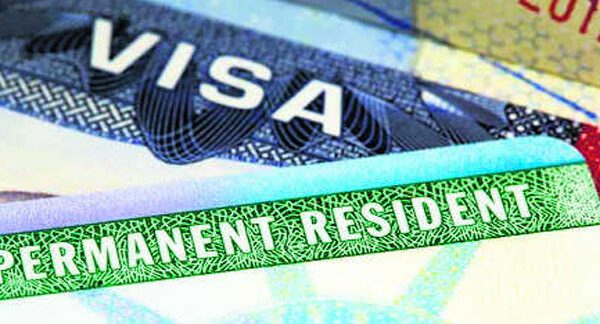Why is the British pound falling in value?
The pound has fallen to a record low against the dollar. It has also fallen against the Euro.
The move comes after the British government announced massive tax cuts that will be paid for by borrowing billions of pounds.
How does a weak pound affect the average person?
The value of the pound affects everyone. From buyers to business owners and investors.
An increase in the prices of the things we buy affects the household budget.
This is because if the value of the pound is low, the cost of goods bought from abroad increases.
For example:
- Energy – The price of gas used in the UK is largely dollar based.
- Gasoline – Oil is priced in dollars, so a weak pound can make it more expensive to fill up your car’s tank.
- Food prices – The UK imports 46% of the food it consumes, mostly from the EU
- Technology, such as mobile phones, or cars made overseas, can be more expensive
Even things made in the UK can cost more if parts are bought from other countries.
According to Samuel Toombs of research firm Pantheon Economics, an overall falling pound could add 0.5 percentage points to the cost of living next year.
Many people also think about the exchange rate when they exchange money for a foreign holiday. When you travel abroad, things will be more expensive if the pound buys less than the local currency.
Why has the pound fallen?
Investors around the world buy and sell foreign currencies in large quantities. Its purpose is to make a profit by hoping that the price of the currency bought will be higher than the currency sold.
The pound fell on Friday after the government announced huge tax cuts in the mini-budget.
It then fell again on Monday, hitting $1.04, the pound’s lowest level against the dollar.
Jane Foley from Rabobank said this is because investors are selling the pound because they have doubts about the government’s plans.
He said that he is concerned that some of these tax cuts that have been announced will not be fully funded. This will result in a large amount of debt at a time when the Bank of England is going to sell some of its shares of British government debt.
Investor concerns about the UK’s public finances have also made it very expensive for the government to borrow.
Interest on 10-year bonds that governments sell to investors has risen from just over 1 percent in January to more than 4 percent now.
Paul Dales of Capital Economics said it showed investors were worried the government’s tax cuts would force the Bank of England to raise interest rates.
He said he was concerned about “Britain’s long-term growth prospects”.
The Bank of England is not set to hold its next interest rate meeting until November. However, there are speculations that the bank may soon take a step with increasing the interest rate.








